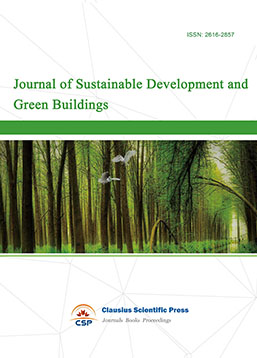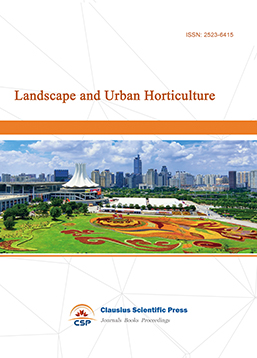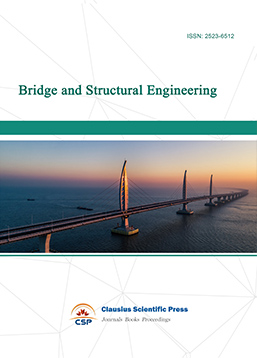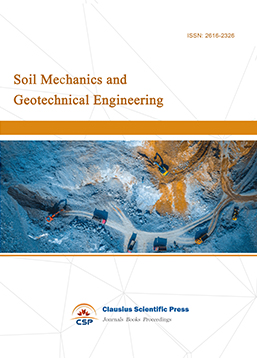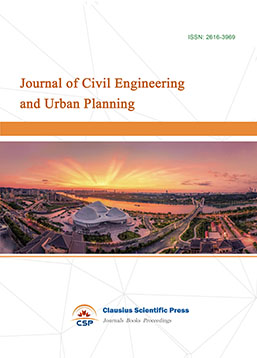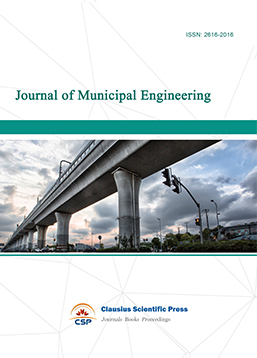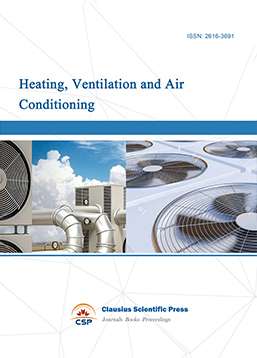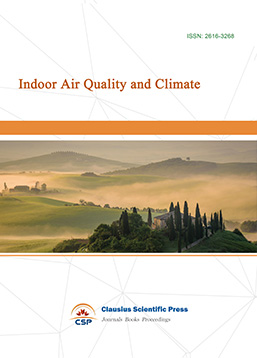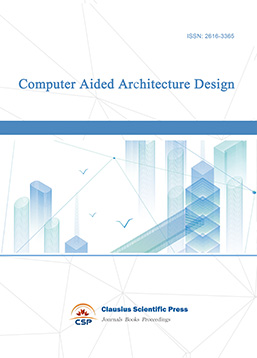Aims & Scope
The journal promotes and expedites the dissemination of new research results.There is an exciting and large volume of research activity in the field worldwide.The goal of this journal is to provide a platform for academicians and scientists all over the world to share, promote, and discuss various new issues and developments in different areas of sustainable development and green buildings.
All manuscripts must be prepared in English and are subject to a rigorous and fair peer-review process. Generally, accepted papers will appear online within 3 weeks followed by printed hard copy. The journal publishes original papers including but not limited to the following fields:
1. Sustainable Development
Air emission trading
Air pollution and control
Anaerobic treatment
Material Quality and Control
Advances in biological, physical and chemical processes
Biodiversity conservation
Clean technologies
Environmental sustainability
Geophysics
Ground water management
Industrial wastewater treatment
Life cycle analysis
Institutional development
Landscape degradation and restoration
Climate and climatic changes
Management of water treatment residuals
Disinfection and disinfection by- products
Soil decontamination
Management and regulation of point and diffuse pollution
Water Supply and Drainage Engineerin
Resource management
Sludge treatment and reuse
Storm-water management
Wetlands
Toxicity assessment and epidemiological studies
Water resources and river basin management
Eco-technology
Nutrients removal
Economic instruments
Monitoring and Control of Quality Engineering
Aesthetic quality of drinking water (taste, odors)
Environmental Science and Technology
Recycling and reuse
Environmental systems approach
Leachate treatment
Ground water remediation
Health and the Environment
Indoor air pollution
Integrated ecosystems management
Global environmental change and ecosystems management
Urban Planning and Design
Environmental restoration and ecological engineering
Atmospheric modelling and numerical prediction
Ozone layer depletion
Hazardous substances and detection techniques
Water treatment and reclamation
Reuse of reclaimed waters
Optimization of collection systems
Engineering Management
Waste valorization
Transboundary cooperation
Regulatory practice, water quality objectives standard setting, water quality classification
Biofuels
Habitat reconstruction
Hydrology
Carbon capture and storage
Effect of distribution systems on potable water quality
Environmental dynamics
Emission sources
Fate of hazardous substances
Global warming
Biodegradation of hazardous substances
Health related organisms
Public participation
Interaction between pollutants
Legal, economic and managerial aspects of solid waste management
Management of hazardous solid waste
Modelling and decision support tools
On site and small scale systems
Physical oceanography
Quality guidelines, environmental regulation and monitoring
Renewable sources of energy-energy savings
Satellite applications in the environment
Solid waste management
City Ecological Environment
Waste minimization
Wastewater and sludge treatment
Technical aspects of treatment and disposal methods (landfilling, thermal treatment etc)
2. Green Building
Building Structure
Building Technology
Building Materials
Monitoring and Control Of Structures
Enviromental Protection Technologies
Structural Engineering and Disaster Reduction
Surveying Engineering
Subway and Underground Facilities
Meteorology
Architectural Design and Its Theory
Building Technology Science
Process modelling
Landscape Planning and Design
Architectural Environment & Equipment Engineering
Ecological Architecture
Traditional Construction Materials
Advanced Construction Materials
Project Management
Monitoring and analysis of environmental contaminant
Suspended and fixed film biological processes
Sustainable City and Regional Development
Renewable Energy and Building Energy Saving
Indoor Environment
Sustainable cities
Water Purification and Wastewater Treatment
Air Environment Control and Architectural Environment Improvement Techniques
Environmental Engineering and Environmental Protection

